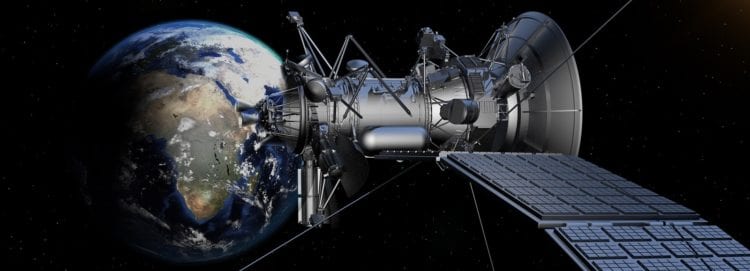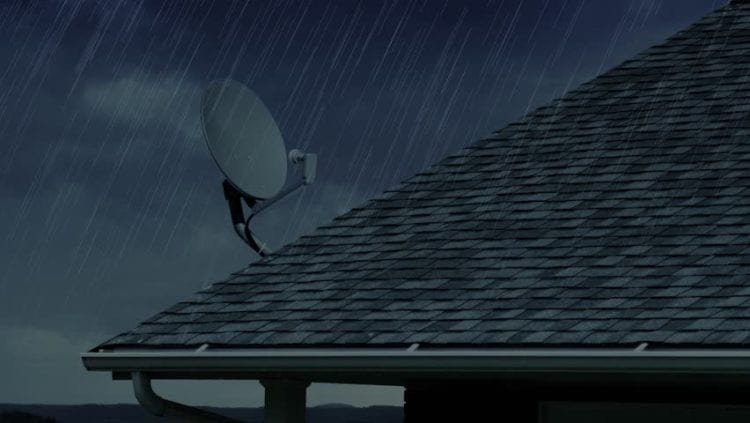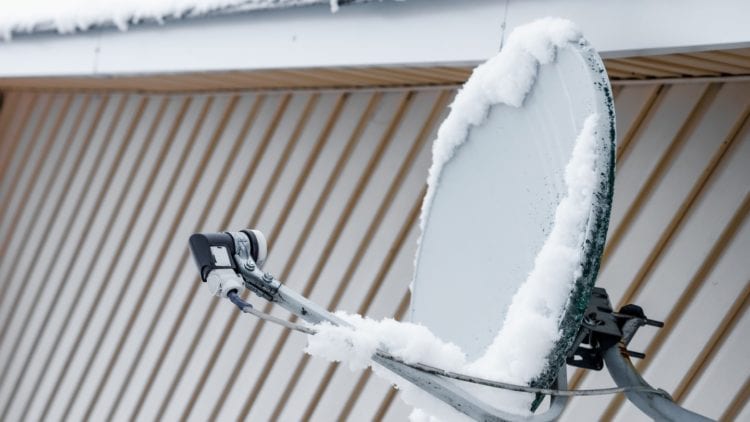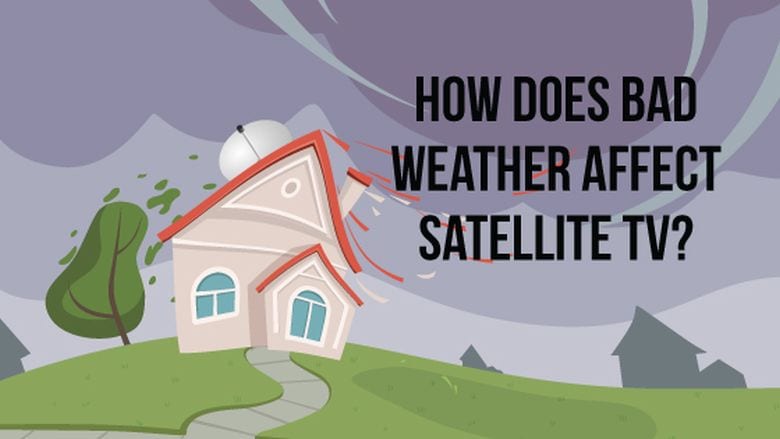Getting proper internet and TV signal through cable is almost impossible if you live somewhere remote. Many providers will deny your application to set up your cable television because setting up poles or digging for cable routing can get too expensive depending on your home’s location. It is also impossible to use a cable if you live inside of an RV and moving around a lot. The only option you are left is to use satellite TV.
But, that’s not a bad thing either. This kind of television can actually be much better than any other option. If you find the right provider, you might get a resolution better than ever, clearer image and much better connection than with regular cable. You will also have access to a lot more channels than you are used to. The packages with hundreds of channels may even be cheaper than those that offer cable services. Sometimes there are even special channels that no one else has. If you are a sports fan then you should definitely get one of the sports packages. You will have an almost infinite number of channels that will provide you with all kinds of sports.

However, there’s one problem regarding this type of television. The signal between the satellite and your antenna can be affected by the atmosphere in-between or more accurately, the weather.
Although, this fact shouldn’t put you off satellite services because it happens quite rarely. The weather changes need to be extreme for them to affect the quality of your viewing experience. If you are still unsure whether you should consider installing satellite TV in your home, here are some facts about how bad weather can affect this type of signal.
Rain
It is no secret that heavy rain can have quite a strong effect on the signal of the satellite transmission. Even if you have it in a high position, it is properly secured and if you have paid a lot for the best possible transmission through your antenna and the satellite orbiting the Earth, there will always be some situation when you will lose the connection. But, that’s nothing to worry about because even cable can have trouble transmitting the signal properly when there is heavy rain.
So, what does exactly happen when it is raining? Well, if the rain is very densely packed, the raindrops can actually absorb or deflect the Ku band which is a part of the electromagnetic spectrum. Most modern satellite systems have a frequency between 12 to 18 GHz which reduces the chances of raindrops absorbing the Ku band, but it can still happen.

Another problem is the raindrops hitting your antenna. If the drops are too thick and heavy, the impacts on the antenna can actually alter the electromagnetic waves that are being sent. This is why many providers like to use smaller dishes because they are much more stable and they are hit by a smaller amount of rain at the same time. If you live in an area with a lot of light rain, you probably won’t have any trouble getting a clear image on your TV.
However, if you live in an area with frequent heavy rains, you should contact the company that provided you with a dish, to give you a smaller one to stabilize the connection.
Winds
Winds can’t exactly affect the electromagnetic waves directly, but if the wind is strong enough it can start to move or bend the dish in different directions. If the dish is not pointed in the right direction, the image on your television will be completely distorted. This is why it is important for your provider to properly secure the dish to ensure that it will never move or be completely ripped off its mount. If you live in an area with frequent winds, you shouldn’t worry about a thing, if your antenna is properly mounted. If you need proper and secure TV aerial installation in Sheffield, you can read more here.
Snow
Just like rain, snow can absorb or deflect the signal that is being sent from your home to the satellite that is orbiting the planet. Lighter showers of snow won’t be a problem, but if the snowflakes are thick and large, the snowstorm might prove as a problem.
There is another problem regarding snow. Since almost every dish has a spherical shape pointed upward, it serves as a bowl that can collect liquids. In this case, it can start collecting snow which can completely block the signal. If you expect a lot of snow during the winter season, we recommend that you prepare yourself to clean it at least once a month. If you keep it clean during the winter, you won’t have any problems getting a crisp image on your television.
Ice

If you do not regularly clean the antenna from snow, the condensation might cause ice to form which can prove a much bigger problem. You probably know that ice can be much more difficult to remove than snow. Ice can also form after a cold night and rain, so make sure you clean the dish as often as possible to avoid any damage or a drop in the signal.
Some providers will even offer you a heated dish to melt all the ice and snow that might accumulate inside of it.
Keep in mind, the chances of an ice formation inside of your satellite dish is much rarer than you would expect. This is not something that you should dissuade you from installing this kind of services in your home, but you should still be aware of the advantages and disadvantages of it.
Final thoughts
It is no secret that satellite TV comes with several disadvantages, but so does cable. And the main difference between these two services is that you can deal with the problems by yourself with the satellite TV while with cable TV, you will require help from experts to fix your problems.

